AI training is driving HPC advances in drug discovery research.
Discovering innovative, life-saving drug treatments requires forging a path through unknown territory, with challenges around every corner. Very few treatments ever achieve fame; nine out of ten new therapies fail somewhere between phase I trials and obtaining full regulatory approval.
Since every new drug has to go through a unique series of clinical trials before being approved, the process represents a significant risk. The estimated average cost of developing a single new treatment is $1.3 billion. For the vast majority of treatments that never make it to market, this is money thrown out the window.
Biopharmaceutical companies have spent decades looking for ways to optimize the early stages of the discovery process and prioritize treatments that are likely to meet regulatory approval. There is a real need—in both the market and public health spheres—to reliably qualify novel treatments in ways that are both cost- and time-efficient.
Artificial intelligence has the power to help biopharmaceutical companies accelerate how quickly they can discover new drugs and bring them to market to help patients. Biopharmaceutical laboratories are beginning to apply this powerful approach to scientific computing for drug treatment R&D, and they’re delivering promising results.
How AI Leads the Way in Drug Research Acceleration
The very first AI-powered biopharmaceutical discovery occurred in 2007 when a University of Cambridge-built algorithm named Adam identified the function of a yeast gene solely by analyzing public databases. Now, the field’s most advanced technologies are capable of pushing AI-based drug discovery into completely new territory, promising significant efficiencies over existing methods.
Flashing forward to 2020, NVIDIA has announced a 5-petaflops AI system, NVIDIA DGX A100, the world’s most advanced AI system. It harnesses the power of an entire data center into a single platform, offering biopharmaceutical researchers access to end-to-end machine learning capabilities.
This technology is already being used in some of the world’s most advanced scientific computing environments. Leveraging this kind of technology allows researchers to find patterns in enormous quantities of data and build more realistic simulations for early drug discovery and qualification. NVIDIA’s DGX A100 offers the agility and performance of a supercomputer at a fraction the size and cost of competing solutions.
Making AI-Powered Scientific Computing Accessible
Early AI data centers might include over 600 CPU and GPU systems for AI – an entire data center of infrastructure, consuming over 600 kilowatts of power, potentially costing over $11 million in infrastructure.
Today, a state-of-the-art AI data center could achieve the same performance with just five NVIDIA DGX A100 systems in a single rack. This would draw 28 kilowatts of power, cost only $1 million, and significantly reduce the carbon footprint of the resulting research environment.
More than a next-generation offering from a reputable manufacturer, this kind of progress is a game-changing technological advancement that enables completely new use cases for AI technology, especially in the world of biopharmaceutical research and development.
The ability to implement the latest AI-powered drug discovery workflows at one-tenth the cost and one-twentieth the power load is going to be transformative for the biopharmaceutical industry. Drug treatments of the future are going to be more sophisticated—and more accessible—than ever.
Implement Artificial Intelligence in Your R&D Technology Infrastructure
The development of integrated, end-to-end AI systems like the NVIDIA DGX A100 will reshape the drug discovery process for many biopharmaceutical researchers. Analytic processes that once took weeks or months can now be completed in hours, with operating costs reduced to mere fractions of what they were as early as a year ago thanks to incredible advances in machine learning.
But turning data into insight and simplifying some of the world’s most complex workflows will require a new kind of scientific computing expertise. Successfully integrating such a powerful system into a working laboratory demands a competent, experienced service vendor with a confidence-inspiring track record with AI equipment implementations.
Data scientists, biotech IT teams, and pharmaceutical executives need to find and hire reputable support partners before implementing state-of-the-art AI systems in their R&D cycle. Your strategic advisor needs to be able to guide your R&D department through the process with clarity, delivering value in key areas not often found within the core competencies of a biotech research environment:
1. Review and Adjust System Architecture
There is no guarantee that your existing system architecture can handle next-generation AI-driven analytics workflows. Even if it can, it’s easy to overlook critical inefficiencies when deploying new technology unless a system architecture audit is performed.
Investing in an expert partner to examine your scientific computing architecture can help identify potential problems before they become obstacles to the life-saving work biopharmaceutical researchers dedicate their lives to.
2. Analyze Gaps and Mitigate Risks
Asking the right people the right questions can help uncover important gaps in an organization’s ability to respond to the stresses of technology implementation. The gap analysis process can help your research laboratory better understand its strategic goals and structural weaknesses that may stand in the way of achieving them.
When performed by a reputable AI support vendor, this step can be crucial in uncovering challenging obstacles to best-in-class data analysis and scientific computing performance before they become intractable problems.
Professional gap analysis can not only uncover systemic issues to resolve before implementing new technology, but it can also help identify the needs of power-users and stakeholders. This information can prove invaluable during the later stages of implementation.
3. Benefit From Expert Recommendations
Learning from the successes of others can be as valuable as learning from their mistakes—and the world of artificially intelligent scientific computing applications is full of both. Expert support vendors who have worked with research and development teams in the biotech industry bring a valuable perspective to the table.
Being able to tell what approaches work, what approaches don’t, and how different decisions reflect the overall value of the implementation process is critical to long-term success. Make the most of your artificial intelligence deployment by leveraging the knowledge that only experts can offer.
4. Deploy Whole-of-Life Solutions
Implementing new technology immediately brings up a wide range of important and expensive considerations. Having the support of dedicated experts can make it easier to onboard new systems, even those that have been designed with ease-of-use in mind, and get them running quickly to support critical research.
The whole-of-life implementation approach doesn’t stop with deployment. It includes support, maintenance, and continuity. All of these are vital for biomedical research laboratories under pressure to demonstrate the value of the resources invested in their work. A single misstep in long-term application planning can compromise the value of your state-of-the-art AI system.
Approaching the implementation from a whole-of-life perspective mitigates these risks. When support, maintenance, and continuity are included in the plan from the very start, it becomes far less likely that unforeseen challenges will show up and threaten the process in the future.
5. Create a System of Accountability
Accountability is a major consideration that needs to be a part of the AI-driven scientific computing implementation process from the start. Decide who has ownership over decisions made during deployment and who shoulders responsibility for their outcomes.
Choosing to work with an experienced AI hardware vendor will ensure that the weight of this responsibility consistently falls on the most capable and experienced leaders. A partner who has seen transformative implementation projects through to their completion before will be better-informed than a highly qualified but ultimately inexperienced team leader.
Entrust Your Drug Treatment R&D Computing Applications to Reputable Managed Service Vendors
The ability to leverage the collective expertise of a team of AI implementation experts does more than secure a positive outcome for your upcoming deployment. It also ensures that your IT and research team members are able to continue doing what they do best: creating and qualifying life-saving drug treatments for the public.
When R&D laboratories call on AI implementation and support experts for their technology deployments, they significantly improve the efficiencies and outcomes of their technology adoption strategy.
RCH Solutions is a global provider of computational science expertise, helping Life Sciences and Healthcare firms of all sizes clear the path to discovery for nearly 30 years. If you’re interesting in learning how RCH can support your goals, get in touch with us here.




